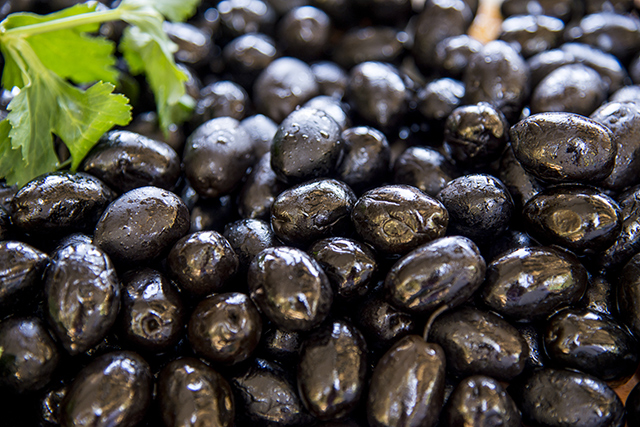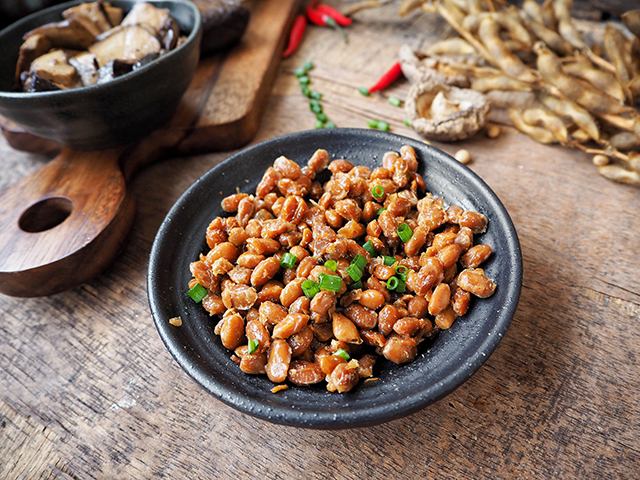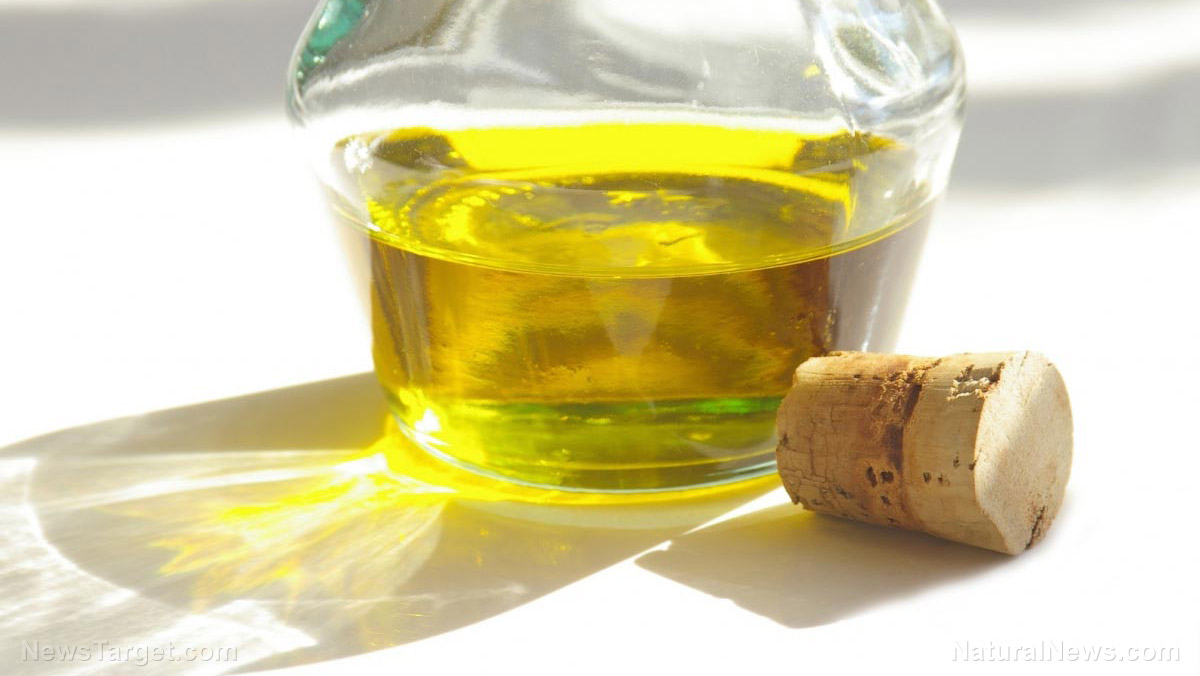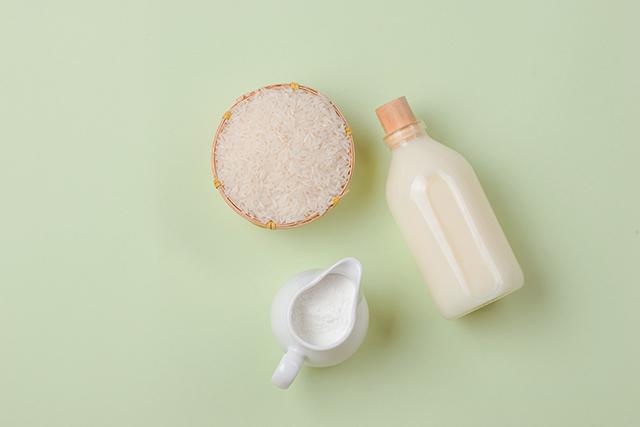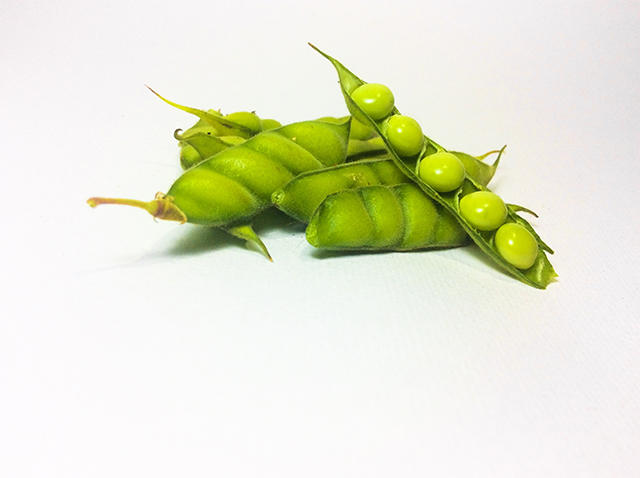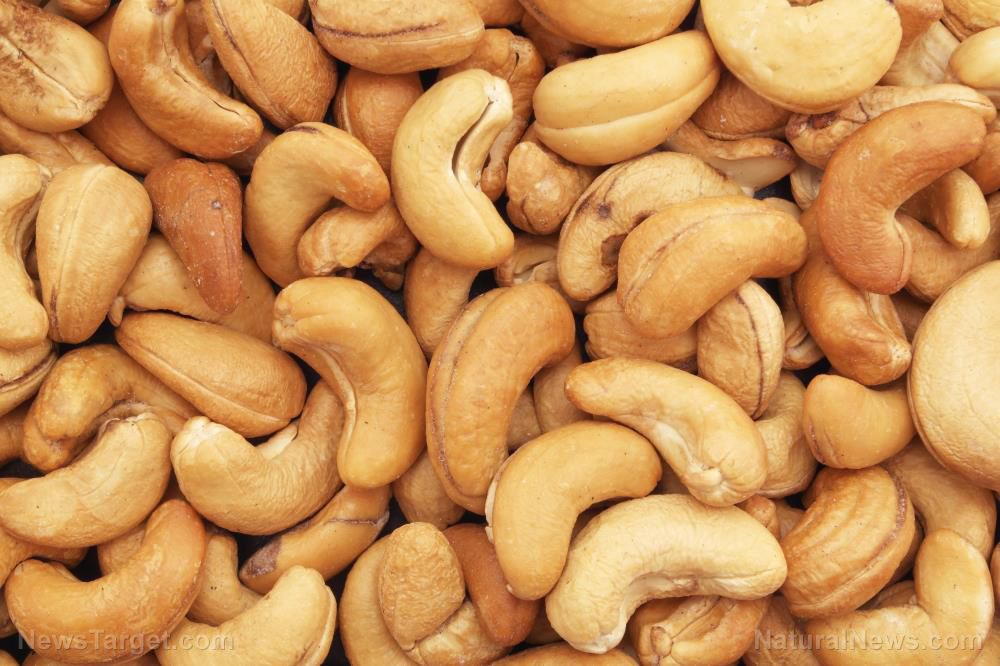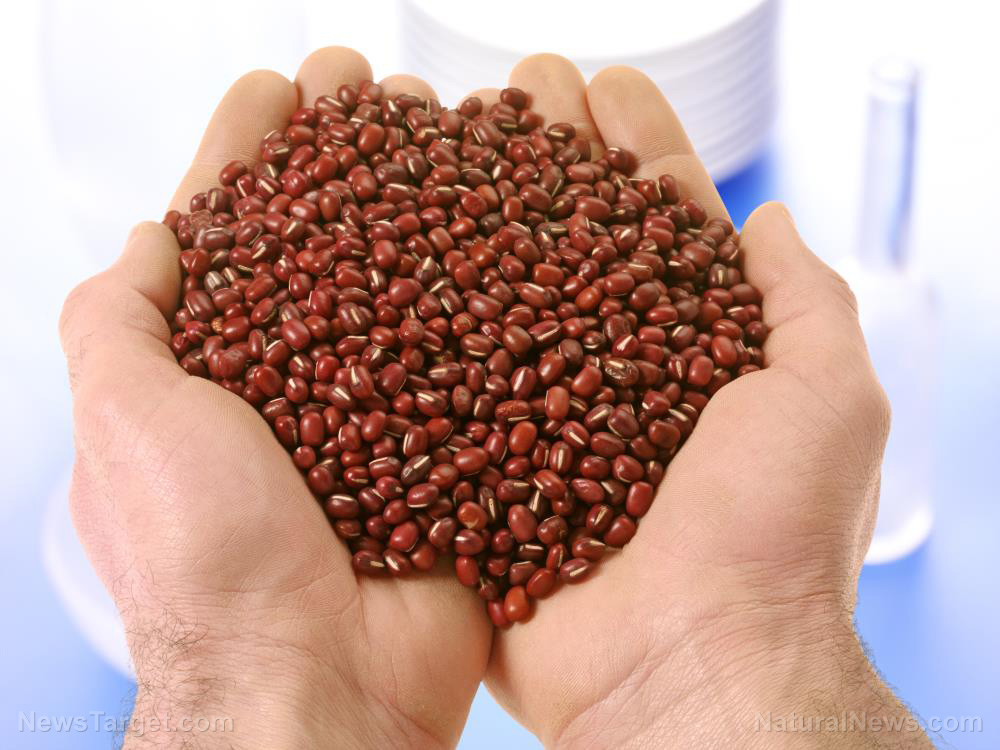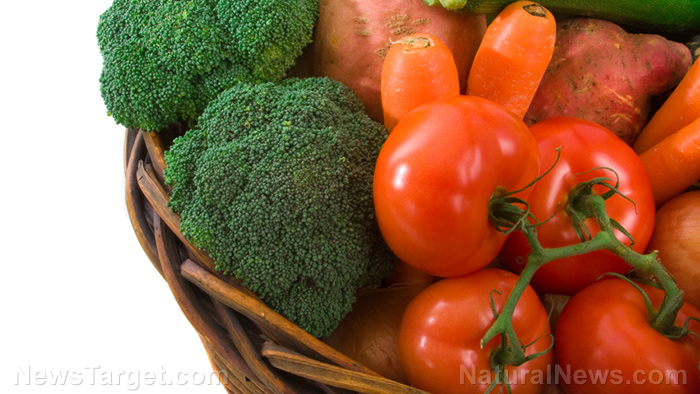Sugar and alcohol are bad right? Expert reveals why it’s not always that simple
10/27/2017 / By Frances Bloomfield
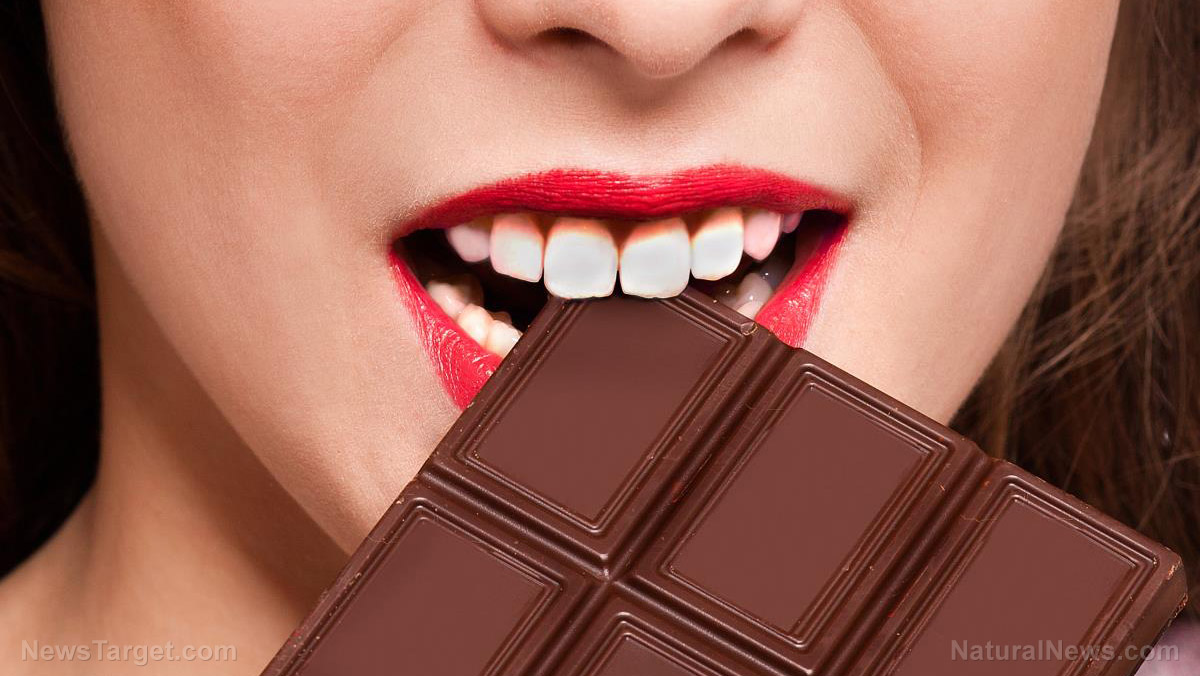
We’re often told that chocolate, alcohol, and even coffee are bad for us. Those who’ve attempted to live healthier lifestyles will often cut down on these so-called vices. But is it really as simple as that? Not quite, according to Merlin Thomas, a medical clinician and Professor of Medicine at Monash University in Melbourne, Australia.
In his new book “The Longevity List,” Thomas takes a deeper look at the health-promoting advice that gets flung about frequently and gives his own scientifically backed take on each one. Listed below are some of the myths he’s analyzed in his book:
- Chocolate is unhealthy: There’s no doubt that chocolate is loaded with sugar, fat, and calories. So why is it that some studies have linked chocolate to improved heart health? This is due to the fact that the cocoa bean is dense with beneficial plant nutrients like flavanols. These chemical compounds help contribute to the flavor of chocolate, as well as decrease rates of high blood pressure and heart disease. Theobromine is another noteworthy compound that has a pick-me-up effect similar to caffeine, and is responsible for the mood boost we often experience after biting down on chocolate. Thomas notes, however, that flavonols and theobromine are most abundant in dark chocolate. Milk chocolate and white chocolate have significantly less amounts of both, so getting the most out of chocolate will require going dark. (Related: Dark chocolate demonstrated to improve cardiovascular health by reducing systemic inflammation.)
- Food absorbs alcohol: There’s an old wives’ tale that says eating before drinking will help soak up the alcohol and prevent a hangover. Thomas says that this has a kernel of truth to it: A stomach full of food and alcohol will pour out its contents into the intestines at a much slower pace than when empty. The intestines are where the real alcohol absorption occurs, so loading up on food won’t cause less alcohol to enter our system, just slow down its transit considerably.
- Champagne and sparkling wine will intoxicate you: Compared to non-fizzy alcoholic drinks, sparkling wine and champagne will get you drunk much faster. This is because of the bubbles — these bubbles fill up your stomach and force it to dump the alcoholic content into the intestines faster than normal. The rate of alcohol absorption is increased and we get tipsy quicker. Thomas adds that drinking champagne ice cold and changing our stomach temperature hastens the process. Taking the champagne warm and flat decreases the chances of getting drunk, as does using a swizzle stick.
- Beer gives you a big belly: Thomas says that this isn’t necessarily true. Beer may contain a considerable amount of calories, but it’s not the sort that gets stored in your body as fat. Alcohol is toxic and forces the liver to go into overdrive to burn the excess alcohol, leaving it no room to burn fat. So why do some men have beer bellies? Two things: gender and age. Men are prone to packing on the pounds around their bellies, while age slows their metabolism.
- Coffee sobers you up: “Once alcohol is in our blood, there is no going back,” Thomas writes. “Coffee does nothing to our metabolism and actually speeds up stomach emptying, which, like bubbles, can serve to increase our alcohol levels.” When you’ve got alcohol in your system, all you can do is wait.
- Water helps a hangover: Specifically, water is said to reduce hangovers by preventing dehydration. Alcohol keeps the brain from telling our kidneys to conserve water, so we’re likely to use the bathroom when drunk. This isn’t quite true either. Thomas states that upping our water intake will just increase the bathroom trips we take, but it won’t stop dehydration.
- Licorice helps a hangover: Now this can actually work. Licorice contains a chemical that makes our kidneys produce less urine, meaning we’re less likely to get a hangover. Don’t get too nibble-happy with licorice, though. Eating too much of this can cause your kidneys to retain too much fluids and elevate your blood pressure.
- Red wine is good for you: Red wine is loaded with antioxidant-acting compounds, so drinking more of it is better, right? Not really, says Thomas: “Instead, it’s moderation that seems to be the key. The overall health outcomes in moderate wine drinkers are much the same as those in moderate beer drinkers or those who have a glass of scotch or gin every night.”
If you’d like to read more stories about our health and how it’s affected by our food and drink, simply visit MindBodyScience.news today.
Sources include:
Tagged Under: Alcohol, Chocolate, coffee, food, health, health myths, indulgences, moderation, vices

